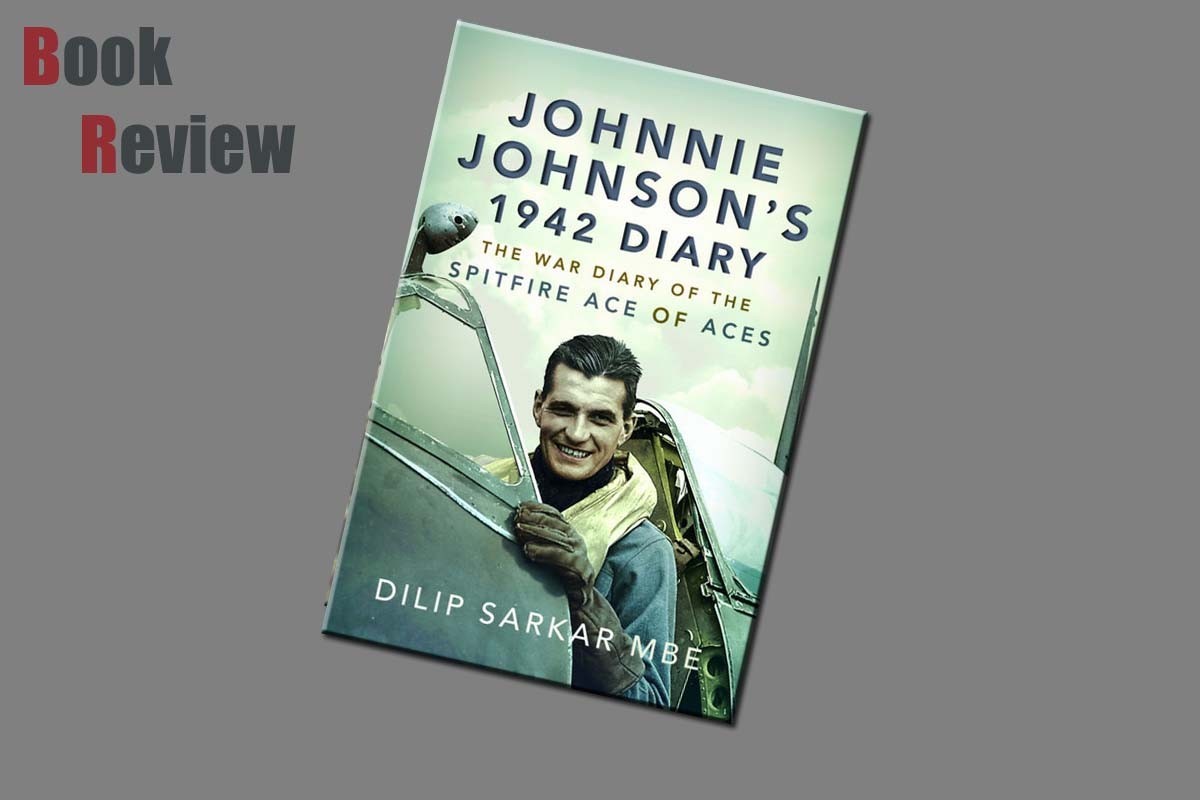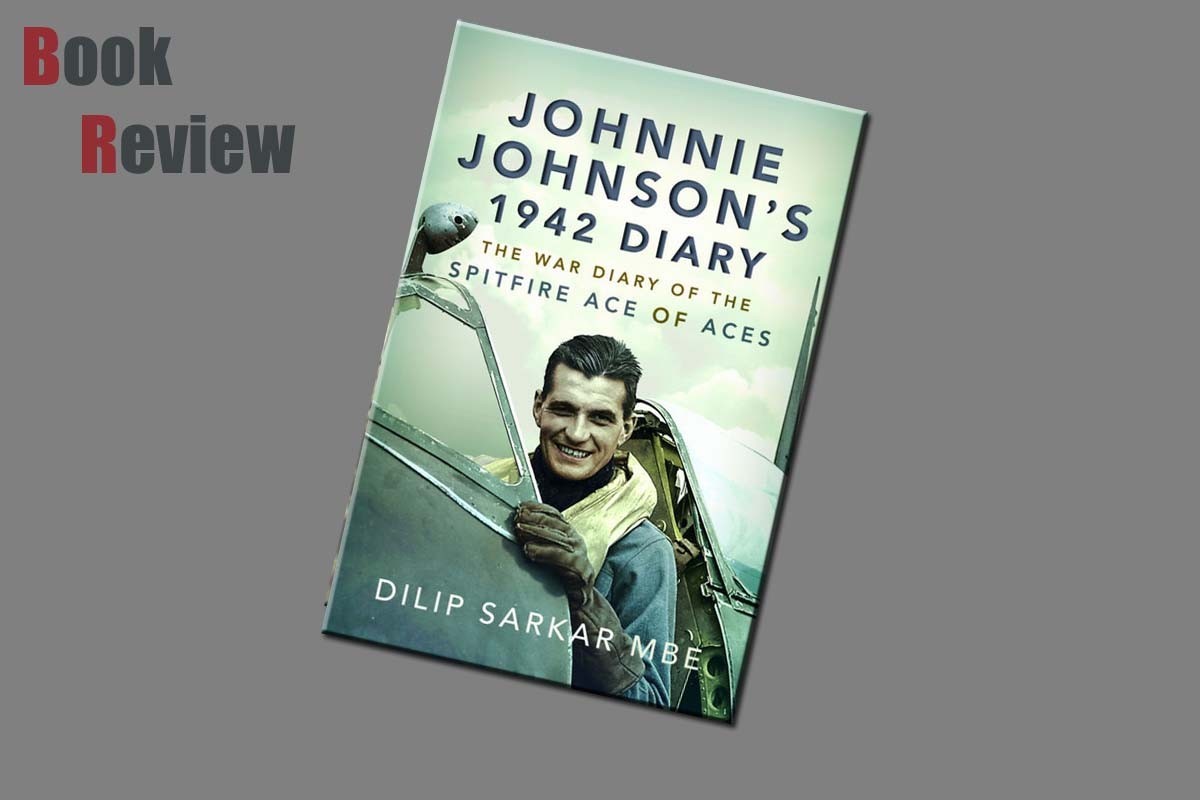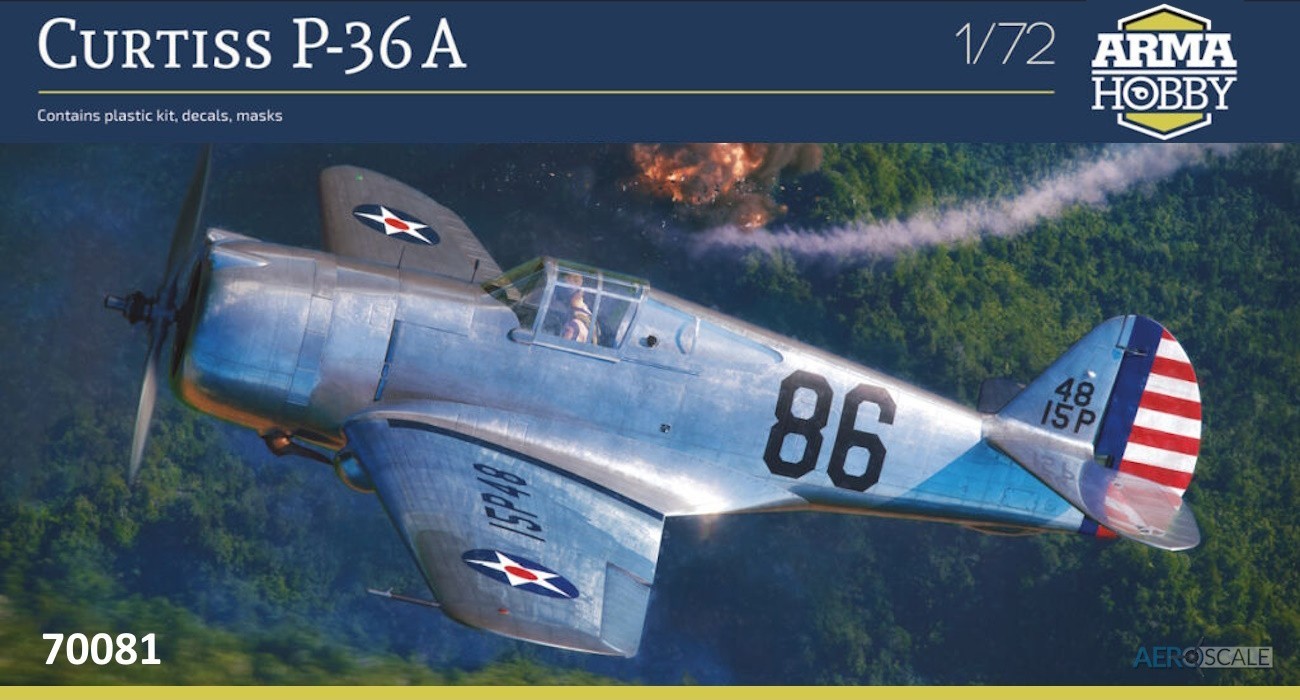Introduction
The following introduction is as supplied by Pen and Sword:
Air Vice-Marshal ‘Johnnie’ Johnson was a character literally from the pages of Boys’ Own: an individual who became the RAF’s top-scoring fighter pilot and wing leader par excellence of the Second World War. A one-time household name synonymous with the superlative Spitfire, Johnnie’s aerial combat successes inspired schoolboys for generations.
As a ‘lowly Pilot Officer’, Johnnie Johnson learned his fighter pilot’s craft as a protégé of the legless Tangmere Wing Leader, Douglas Bader. After Bader was brought down over France and captured on9 August 1941, Johnnie remained a member of 616 (South Yorkshire) Squadron.
By the beginning of 1942, when Johnnie's diary begins, Fighter Command was pursuing an offensive policy during daylight hours, ‘reaching out’ and taking the war to the Germans in France. It was also a period in which the Focke-Wulf Fw outclassed the Spitfire Mk. V. In Johnnie’s words, the Fw 190 ‘drove us back to the coast and, for the first time, pilots lost confidence in the Spitfire’. As well as his participation in Rhubarb and Circus sorties, Johnnie was also involved in Operation Jubilee on 19 August1942.
In this diary, published here for the first time, we get a glimpse of the real Johnnie, and what it was really like to live and breathe air-fighting during one of the European air war’s most interesting years: 1942. Presented on a day-by-day basis, each of Johnnie’s entries is supported by an informative narrative written by the renowned aviation historian Dilip Sarkar, drawing upon official documents and his interviews and correspondence with the great man.
As would be expected, Johnnie’s diary also includes numerous personal references. This diary, therefore, is a unique insight into how fighter pilots lived, loved – and died.

Review
This offering from Air World is a hard backed book authored by Dilip Sarker; Dilip Sarker has been the author of a number of books covering the air war during World War 2 and he has a great style to his presentation that keeps the information interesting. The year of 1942 is presented in a diary format over248 pages and even offers a few images in the middle of the title. As many of you know I have a love of books written in the words of those who lived the life and so let’s dive in to this one.
The prologue in this offering covers some 50 pages and can be considered a mix of the author’s perceptions and the persons own words. It provides a lead up to the period covered by the diary and also gives you a glimpse into the man Johnnie Johnson was up until the day he died. This part of the book covers the time when he flew with Douglas Bader and the flight where Douglas Bader ended up making life difficult for the Germans on the ground as a POW.
The diary entries are I believe verbatim in the book with small additions by the author at the end where clarification is felt to be needed. It would seem a fighter pilot spent their time in four main activities which are sleep, flying, complaining about the weather and most importantly drinking, but the look at humanity comes with comments such as when looking at a photo showing the pilots of 610 and 616 squadron and his realisation of how few of them are left; it is comments like this as additions to a diary that make you realise he was well aware of his own mortality.
Reading through the diary entries makes me wish I had been given the opportunity to meet and speak to Johnnie Johnson. My reasons are many for this having read the book, but perhaps it is how such a great man that was held so high by so many and still managed to remain humble and down to earth. The combination of Johnnie Johnson's own words and the additions by Dilip Sarker works very well to present the man and the story of the man which results in a great read that is very well rounded.
Conclusion
As you all know I really enjoy books written using the words of the person the book is about and I really enjoyed this aspect of the book due to how it puts you in touch with the person and his humanity. Something that I urge you all to do if obtaining a copy of this book is to take the time to read the additions of the author that are below the entries as they contain a lot of details in many cases that tell the story of pilots lost or what they went on to do if moving to other units. This is a very enjoyable read which while not conventional in terms of providing information it does help you to feel what it was like to be at the sharp end.



























